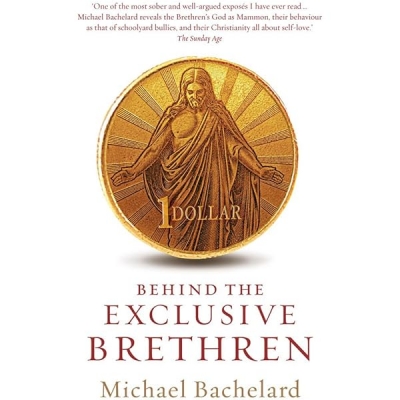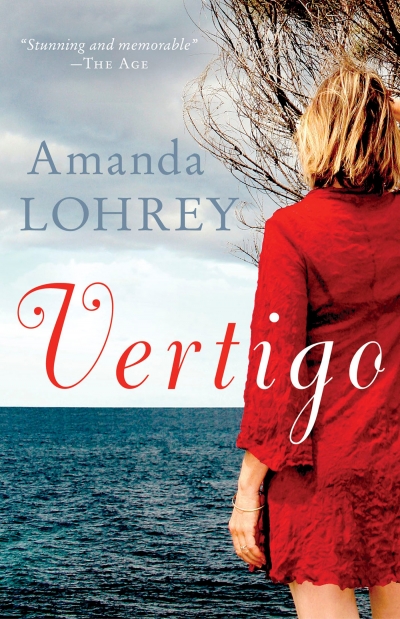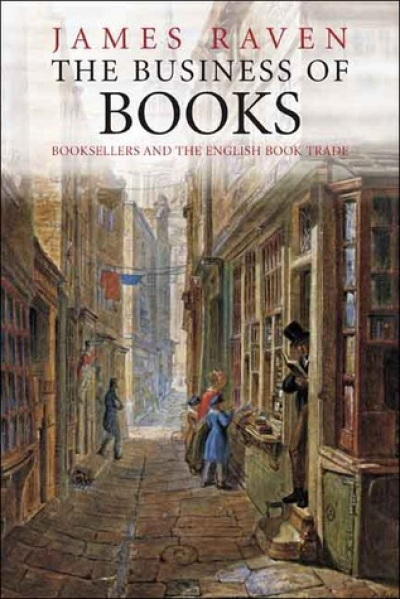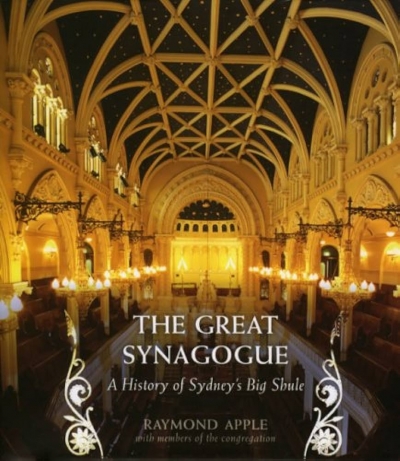Review
White Knight with Beebox: New and selected poems by Peter Steele
by Paul Hetherington •
Australia’s Empire edited by Deryck M. Schreuder and Stuart Ward
by Stuart Macintyre •
The Business of Books: Booksellers and the English book trade 1450–1850 by James Raven
by Graham Tulloch •
J.A. Lyons – The ‘Tame Tasmanian’ by David S. Bird & Enid Lyons by Anne Henderson
by Ann Moyal •
The Great Synagogue: A history of Sydney’s big shule by Raymond Apple
by Yossi Klein •










